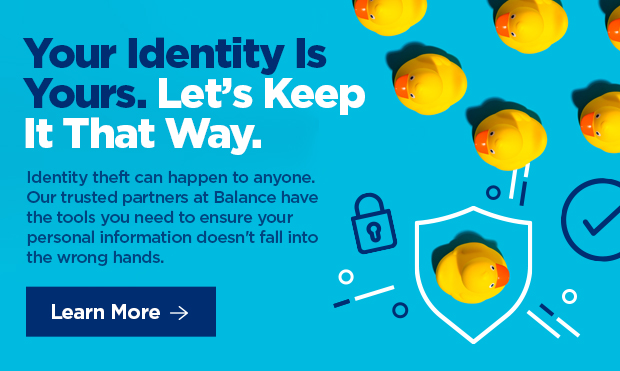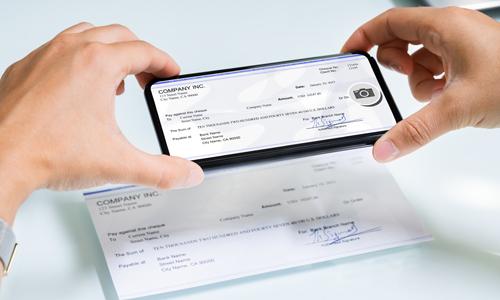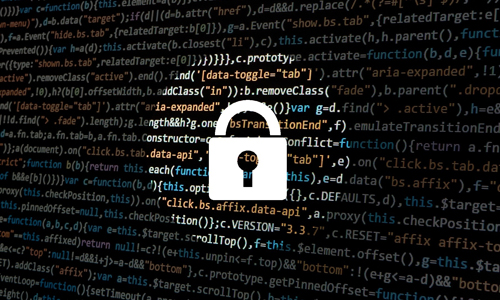Election season means election scams are rampant. Here are four scams to watch out for this time of year.
1. Eleventh-hour campaign contributions
This scheme targets voters right before elections, asking them to make a donation toward their preferred candidate’s campaign. They’ll claim to represent the candidate, and inform the target that the candidate just needs “one big push” to move to the front of the line. The target is led to believe their small donation will make their candidate emerge as victor on election night.
Unfortunately, if the target believes the caller and makes a donation, they’ll only help line a scammer’s pockets. Sometimes, the scammer will take it one step further and use the credit card information shared to rack up a huge bill on the victim’s tab.
Stay safe: Always verify a website before donating to a cause. If unsure, exit the alleged campaign site you’ve linked to and find the official site on your own. Also, don’t let Caller ID convince you of authenticity. Scammers can easily spoof a political campaign’s phone number.
2. Polling for information
During election season, informal poll-takers and petitioners are everywhere. They may approach you in the parking lot of a supermarket, at a ballgame or even at a music festival. Once they have your attention, they’ll ask who you’re voting for, request that you fill out a survey or have you sign an election petition on a particular issue. But first, they’ll need your personally identifiable information (PII), such as your name, date of birth, home address and even your Social Security number. You may be compelled to participate because you’re happy to help your chosen candidate in any way possible. If you do, though, you’ll be sharing your information with a scammer. Once they have this info, they’ll steal your identity or sell your data on the dark web.
Stay safe: Guard your PII like the treasure it is and never share any of it with an unverified contact. This includes impromptu surveyors, pollsters and the like. If you do decide to fill out a voter survey, be super-selective about the information you choose to share. Don’t share your Social Security number, driver’s license number or any other information that can be hijacked for crime.
3. Voter re-registration
Absentee voting is far more popular than it used to be, and many voters may find the rules and regulations confusing. Scammers, of course, will take advantage of this to get at your information and your money.
Here’s how: In the weeks leading up to Election Day, scammers send out bogus voter registration forms for voters. They may include a claim that your name has been mistakenly removed from the voter rolls, but you can easily get right back on by filling out this form and mailing it out to them. Alternatively, they’ll reach out by phone, text or email, telling you to register by responding. Naturally, these messages are the work of scammers, and if you share your info, you’ll be sharing your sensitive information with crooks.
Stay safe: There’s no reason to believe your registration is no longer valid just weeks before Election Day. If in doubt, you can always search your state’s Secretary of State website. If you’d like to register, visit your state’s .gov website to get started. Or, if you choose to register to vote while in a public area, take the form home with you to mail in later instead of leaving it behind with a group of volunteers.
4. Phishing emails and texts
Scammers send emails or text messages which look as if they’re from a legitimate political party, candidate or government agency. The message may ask you to click a link to verify your voter registration, update your information or donate. Unfortunately, the link takes you to a fraudulent site that captures your information and/or installs malware on your device. If you notice poor grammar, spelling errors and unusual URLs in any communication asking you to click a link or share info, you’re likely looking at a scam.
Stay safe: Strengthen your spam settings and ensure your device security is updated with the most recent patches. Block any numbers that send you fraudulent text messages as well.
Stay safe this election season and do your due diligence before contributing to a campaign, taking a survey or registering to vote. Stick to trusted, established organizations when participating in surveys and polls. Never share personal information with an unverified source.






Comments Section
Please note: Comments are not monitored for member servicing inquiries and will not be published. If you have a question or comment about a Quorum product or account, please visit quorumfcu.org to submit a query with our Member Service Team. Thank you.